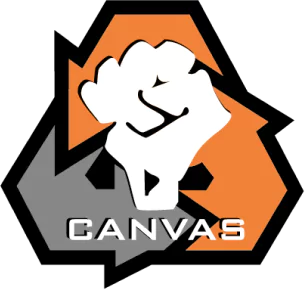Dec 1, 1959-1959
Democratic Republic of the Congo
Congolese Men Boycott Election
Share
ACTIVISTS/ACT.GROUPS/DESCRIPTION OF THE GROUP
Parti Solidaire Africain, ABAKO
TARGET
Belgian government
WIDELY HELD BELIEF
Oppressive colonial regimes should be overthrown. Colonies have rights of self-determination and independence.
CASE NARRATIVE
Issue and Opponent: The issue was the oppression of the Congo under colonization and occupation by the Belgian government. This was led by many, including the Alliance des Bakango party (ABAKO) and the Parti Solidaire Africain.
Dilemma Action: The assumption underlying this action was that the people of a country should have a say in its rules. No other country should dictate laws and extract profits from another. After a riot in which 34 Africans were killed, the ABAKO party wasn’t allowed to assemble, increasing tensions. During the earlier years of the 50s, the Belgian government in the Congo increasingly focused on paperwork, documentation, and resolving problematic situations. Essentially, those in power ignored such incidents and didn’t report them to save their jobs. After the ABAKO party was banned, more people “tested” the government, refusing to show up for the census,’ responding slowly to administrators, or talking back and fighting with Europeans. Because of restraints, there was little reaction to these incidents, giving the people more power. In 1959, the Belgian government held elections for Congolese representatives loyal to the Belgian government to gain formal power, allowing Congolese men to vote. The Parti Solidaire and ABAKO organized a successful election boycott. The tactic used here was political non-cooperation through the boycott of the election. Belgium could either punish the Congolese for not participating in elections or acknowledge the puppet government was not elected by the Congolese.
Outcomes: The Belgian government first attempted to arrest those who boycotted the election, but it was too widely practiced to enforce. In the Bas-Congo region, only 5.7% of the population voted. In the Kuyilu district, only 1.2% of the population voted. In other districts, the voting percentage varied from 30-60%. In 1960, Belgium invited 96 Congolese to a meeting. Belgium proposed a 4-year pullout, to which the Congolese demanded independence immediately. Political turmoil within the Congo ensued after free elections were set, but the military rebelled, taking power over the government. This action was part of a bigger campaign for Congolese independence and general freedom from colonization.
PRIMARY STRUGGLE/GOAL
NONVIOLENT TACTICS USED
DA TACTICS USED
Boycott of elections
Boycott of government depts.
Boycott of government employment and positions
Boycott of legislative bodies
CASE NARRATIVE WRITER
SUCCESS METRICS
10 / 12
(CONC) Concessions were made
(EREP) Dilemma action got replicated by other movements
(MC) Media Coverage
(MSYMP) Media coverage was sympathetic to the activists
(OR) Opponent response
(PS) Dilemma action built sympathy with the public
(PUN) Punishment favored the activists
(REFR) Dilemma action reframed the narrative of the opponent
(RF) Dilemma action reduced fear and/or apathy among the activists
(SA) Dilemma action appealed to a broad segment of the public
PART OF A LARGER CAMPAIGN
1 / 3
Activist group continued working together after the action
RESOURCES
Project documentation
Dilemma Actions Coding Guidebook
Case study documentation
Dilemma_Actions_Analysis_Dataset
SOURCES
Zhou, David. 2012. “Congolese win independence from the Belgian Empire, 1959-60,” Global Nonviolent Action Database. Retrieved July 20, 2023. (https://nvdatabase.swarthmore.edu/content/congolese-win-independence-belgian-empire-1959-60).
https://uca.edu/politicalscience/dadm-project/sub-saharan-africa-region/belgian-congo09080960/. Accessed April1 15, 2022.
The New York Times. 1959. “Boycott set in Congo; Leading Parties reject Belgian Plan for Communal Poll,” November 24. Retrieved July 20, 2023. (https://www.nytimes.com/1959/11/24/archives/boycott-set-in-congo-leading-parties-reject-belgian-plan-for.html).
Brady, Thomas F. 1959. “ELECTION BOYCOTT DIMS CONGO HOPE; Belgium’s Plan for Gradual Independence Rebuffed by African Nationalists,” The New York Times, December 6. Retrieved July 20, 2023. (https://www.nytimes.com/1959/12/06/archives/election-boycott-dims-congo-hope-belgiums-plan-for-gradual.html).
Related cases
Jun 1, 2011-2011
Belarus
President Alyaksandr Lukashenka was re-elected in Belarus for the third time in 2011 from an election that many citizens believed was rigged. The Soviet-style economy ...
/
Mar 27, 2017-2017
Russia
The government of Russia, including Putin and Medvedev, is highly corrupt. This government has been accused of being an anti-democratic kleptocracy built on corruption...
/
Nov 14, 2014-2014
Myanmar
Issues and Opposition: In 2014, Myanmar was going through a transition from oppressive military rule to a quasi-civilian elected government. Although the election in 2...
/
Subscribe to our newsletters to get full access to all materials on our website.

